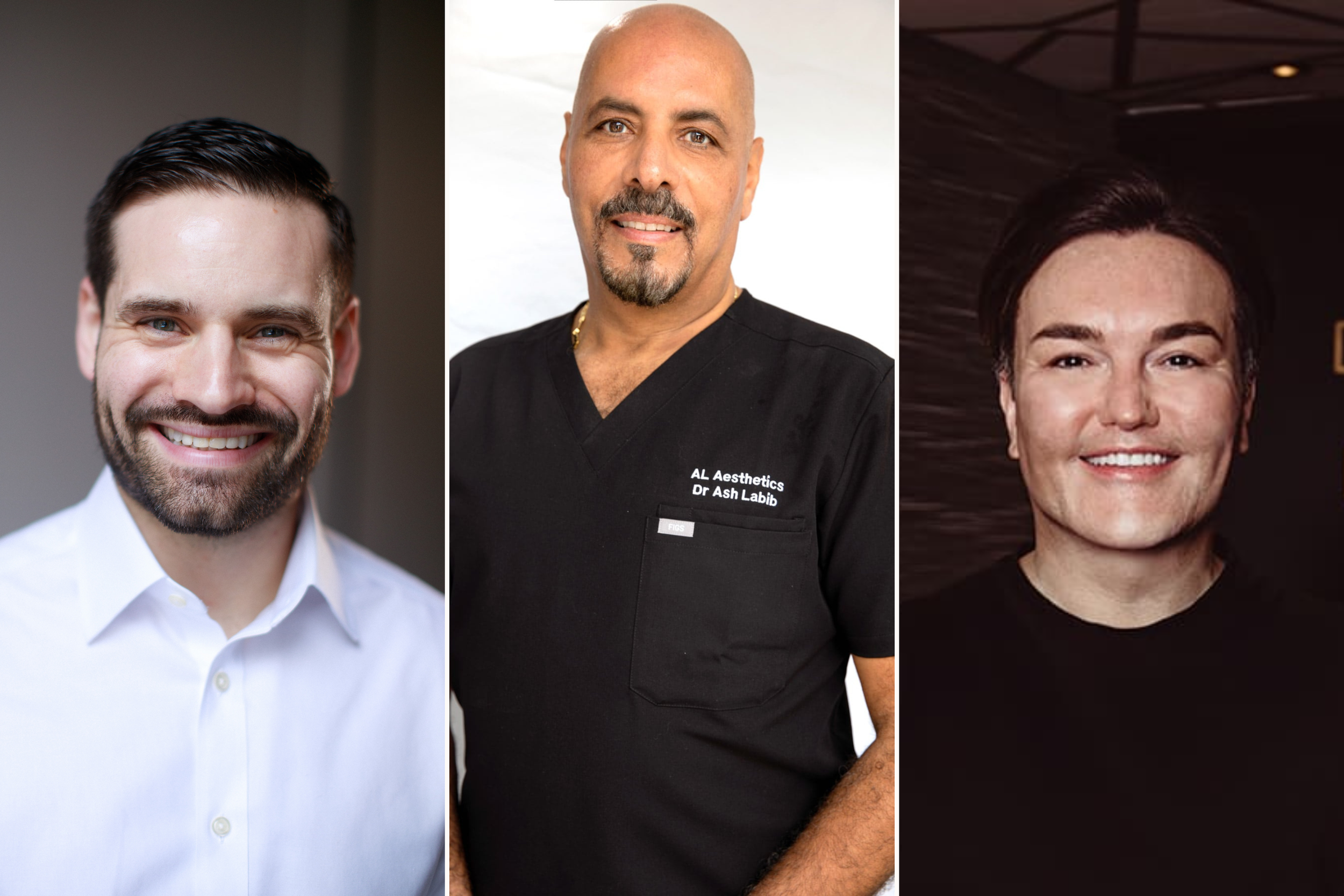Research Suggests Cosmetic Surgery Delivers Real Health Gains
A growing body of evidence suggests that people undergoing aesthetic plastic surgery are motivated by more than just aesthetics. Recent studies by members of the British Association of Aesthetic Plastic Surgeons, published in the Aesthetic Surgery Journal highlight that procedures such as breast reduction, body contouring, and facial cosmetic surgery are increasingly linked to improved psychological well-being, relief of physical symptoms, and enhanced quality of life.
For decades, aesthetic plastic surgery has carried the stigma of vanity. However, these new findings reveal that motivations are often rooted in health and psychological needs:
Breast Reduction Surgery: Beyond cosmetic improvements, patients frequently report significant pain relief, improved posture, and greater ease in daily activities.
Body Contouring: Following massive weight loss, surgery can alleviate skin irritation and mobility limitations while dramatically improving self-esteem and mental health.
Facial Cosmetic Surgery: Patients often cite reduced anxiety, improved social confidence, and a healthier self-image, underscoring the psychological benefits of surgical intervention.
BAAPS members, whose research is featured in the journal, argue that cosmetic surgery plays a crucial role in supporting overall health. “Our studies demonstrate that the benefits extend far beyond appearance,” Psychologist Lucy Kozłowski noted. “Patients consistently describe improvements in mental well-being, physical comfort, and quality of life, outcomes that should be recognised as legitimate health benefits.”
The findings challenge long-held assumptions that those who choose aesthetic procedures are driven primarily by superficial or vanity-based motives. Instead, they suggest that aesthetic plastic surgery can be a valuable therapeutic tool for improving both physical and psychological health.
Nora Nugent, President of BAAPS and one of the authors said. “This research aims to inform surgeons and their patients about the genuine health benefits of aesthetic plastic surgery, while addressing misconceptions that reduce it to purely superficial motivations. It emphasises the medical and health-related value of these procedures and challenges the dismissive stance often taken by corporate hospitals, insurance providers, and government bodies. Many patients struggle with embarrassment or self-consciousness during consultations, which can hinder them from recognising the full advantages of seeking professional guidance. The positive health impacts of aesthetic plastic surgery are frequently overlooked and understated.”
In his research paper, The Value of Aesthetic Surgery for Health, Consultant Plastic Surgeon, Mike Tyler explores the complex interplay between the desire for cosmetic surgery driven by vanity and the underlying reasons that motivate patients to seek an improved version of themselves. He said, “While cosmetic surgery may not be as critical as procedures for trauma or tumour treatment, patients often pursue it to meet psychological needs, such as improving their sense of belonging, self-esteem, and self-fulfilment. Beyond these psychological motivations, aesthetic plastic surgery also provides significant medical and healthcare benefits, including physical and functional improvements, which this research examines.”
With demand for aesthetic plastic surgery continuing to rise in the UK and worldwide, researchers call for a broader understanding of its impact—one that recognises the full spectrum of patient motivations and the genuine health improvements achieved.









